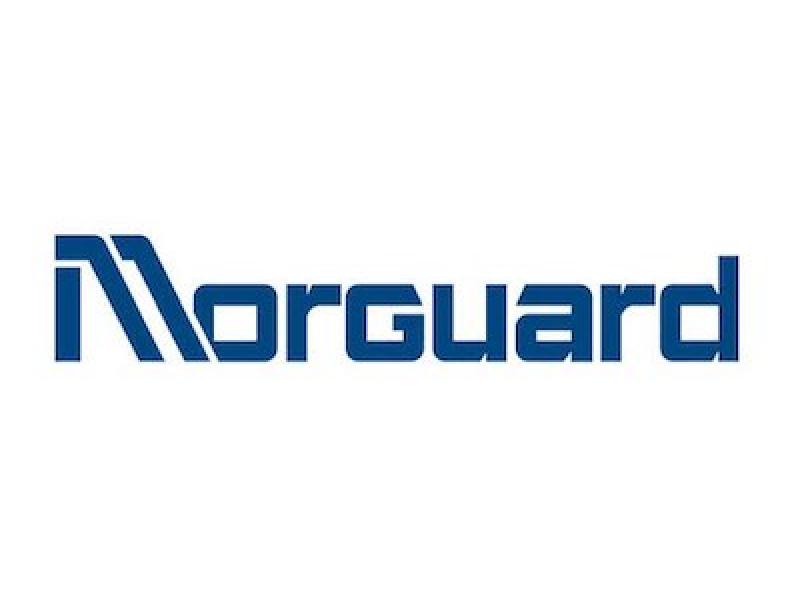 Duncan Stewart, the Director of Telecommunications, Media and Technology at Deloitte, is predicting the future. With a background in science and investment, Duncan forecasts the impacts of technology across a variety of industries, and his message will change your mind.
Duncan Stewart, the Director of Telecommunications, Media and Technology at Deloitte, is predicting the future. With a background in science and investment, Duncan forecasts the impacts of technology across a variety of industries, and his message will change your mind.
Duncan jokes that when he gives speeches, “everyone under 30 is enthralled and everyone over 30 wants nothing to do with him.” Having spoken with him for close to an hour from our neighbouring hotels in Calgary recently, I found my tech-assumptions shifting decidedly from the straight-and-narrow path I had told myself was true.
The research he uses to back up his assertions is wide-ranging and very credible. It can be quite disconcerting, or uplifting, depending on your perspective, to hear what he has to say. In fact, I’d say he’s polarizing: he was more-or-less banned from returning to the Island of Mauritius after speaking at a professional conference about the future impacts of tech. Now, I do a lot of public speaking myself, and I have never even come close to being banned from returning to a country, or even a convention centre. I clearly need to up my game.
Why does he cause such strong reactions?
Because right now, everything is the next big thing – e-readers, 3d printing, virtual reality, and so on. We fall in love with our favourite future-tech stories, we hold them in our hearts and minds, and we tell them to each other to create social capital. Duncan smashes certain ideas on the ground like so many glass figurines in a Baby Boomer’s china hutch. Sometimes he just tips the hutch over entirely.
He gives the example of Virtual Reality. VR, right now, is thought to be a huge game changer in a bunch of industries. But VR faces a problem: a huge chunk of the population cannot spend very much time in a VR environment without getting sick. It’s called Sim-Sickness and it impacts as much as 30% of the population, despite the military spending decades searching for a work-around. So it’s highly unlikely we will ever be sitting in our living-rooms binge-watching a VR Netflix series.
Where VR is hugely useful, however, is as an enterprise tool. In the real estate development industry, a potential home buyer can see the view from the 36th floor south-west facing balcony, how many steps it is from the bedroom to the bathroom, and if the light switch is too high on the wall for the kids in the playroom.
What about the death of the print industry?
We’ve all embraced this sad but seemingly-inevitable truth. Most of us are convinced that e-readers and digital books will eventually take over the publishing world. But Duncan’s work has unearthed an interesting fact: it’s the older generations who have abandoned books. They grew up with them, I guess, and don’t feel they are missing out when they squint at best-seller on a glowing screen. Millennials, however, are hoovering-up printed books, and attach huge value to them as cherished objects. The next generations show no sign of abandoning printed books at all.
A 3D printer in every home?
“No, that won’t ever happen.” Duncan asserts. “It’s already 28-year-old technology and we are only at a stage where home-printers spit out trinkets that you’d toss out if they came with your McDonalds Happy Meal.”
But 3D printing, like VR, will be a huge enterprise tool – it is perfect for prototypes and models – and can help factories retool with inexpensive custom parts and molds.
So it’s not that new tech isn’t impactful.
It’s just confusing, and we are therefore susceptible to hype.
But Duncan Stewart is the hype-buster. It’s refreshing, and at times alarming, to see how media excitement about every new digi-toy can still be overruled with some insight and good old-fashioned common sense.







